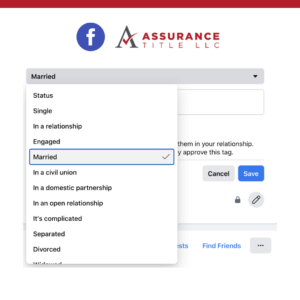 Have you ever sold a home where the owner of record is in a trust? What does that mean? How is that different? What does title do differently, and how do you know when a property is in a trust?
Have you ever sold a home where the owner of record is in a trust? What does that mean? How is that different? What does title do differently, and how do you know when a property is in a trust?
A trust refers to the fiduciary relationship created to appoint one party to manage assets on behalf of a third party. This relationship is established between the creator of the trust (the grantor) and the trustee, who holds and administers the property within the trust on behalf of the beneficiary designated to receive the property. The trustee is appointed to administer the trust while acting in the best interests of the grantor.
So how does this transaction differ from a traditional sale?
Well, the short answer is … it isn’t that different. There are a few things we (the title company) will need in order to begin the sale. We will need a copy of the Trust Agreement from the Seller. This will include names, permissions, and who is the signing agent of the trust.
The sale contract will have the seller’s name as the name of the Trust and the representative of the trust will sign as Trustee. For example: “Trustees name”, Trustee.
For settlement, we will need to verify the separate bank account that is open in the name of the trust.
Our Client Relations & Marketing Manager, Brian Harper-Lewis, will walk you through the process and ensure that your transaction is handled smoothly and efficiently.








